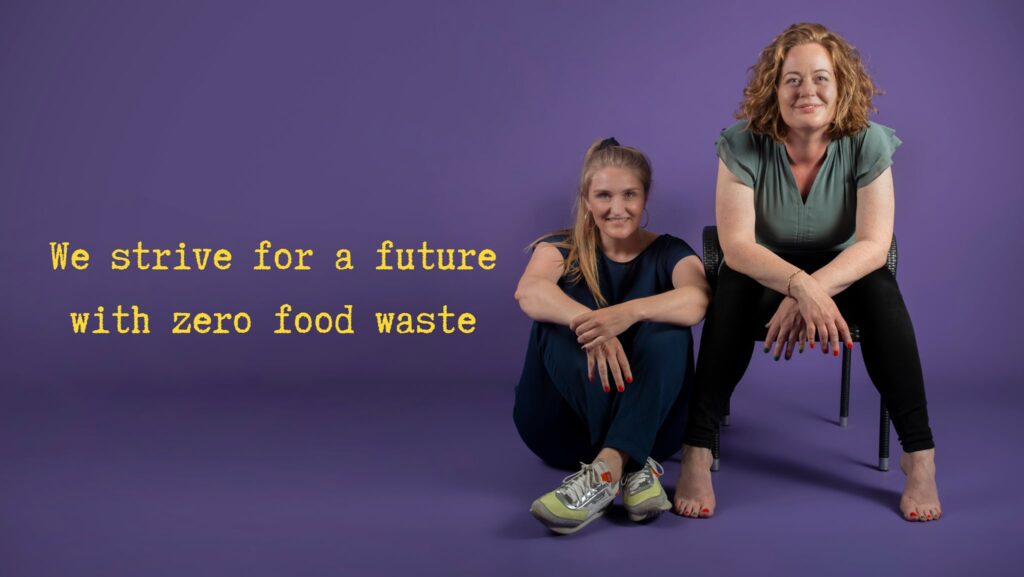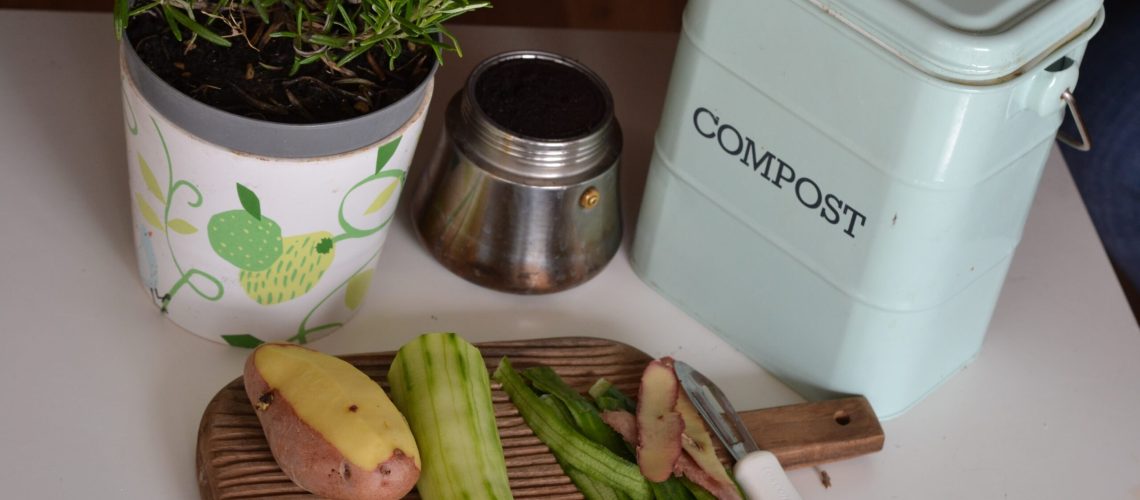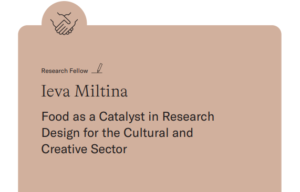- Zero waste cooking
This trendy approach is gradually gaining prominence, even among professionals in the food and beverage industry. It highlights the significance of minimizing food waste, making it a primary principle to embrace. In practical workshops and digital campaigns featuring zero-waste recipes, facilitators play a crucial role in imparting that. Participants not only learn how to utilize food scraps effectively but also gain awareness about planning, preserving, and processing ingredients for meals.

Check out Zero Waste workshops organized by Rub & Stub – they provide a variety of sustainability and food waste reduction activities for all age groups, institutions, organizations, and individuals. They offer wide range of programs designed to help everyone make a difference in the fight against food waste.
- Plan your meals
A significant amount of food goes to waste simply due to insufficient consideration of the actual quantity required or the shelf life of purchased goods. Adopting the principle of planning can help address this issue, and facilitators can promote it through workshops focused on planning and shopping or by organizing regular “cook for the whole week” gatherings within the community.
- Share excess with your community
Each day, a considerable amount of prepared meals goes to waste, and this is particularly noticeable during the holiday season or among individuals living alone. Building a robust network of neighbors and community members proves to be one of the most effective solutions to address this issue, providing facilitators with a rewarding chance to make a meaningful impact. Initiating “empty the fridge” community potlucks or meal exchange groups among neighbors can be a great starting point in this endeavor.
- Cook from scratch and use unprocessed ingredients
Among various concerns at a systemic level, the issue of excessive waste and trash generated by processed foods stands out. This challenge can be effectively addressed by adopting the principle of cooking at home from scratch as much as possible. Additionally, incorporating elements of a vegan, locally sourced, and ethically conscious diet in some meals of the week can further reduce food waste. Facilitators play a crucial role in this effort by educating people about the versatility of available ingredients (e.g., conducting workshops on the qualities of fruits and vegetables for schoolkids), promoting the process of buying local and zero-waste (e.g., facilitating direct buying groups with local farmers), and teaching simple and fast sustainable recipes through workshops and other initiatives.
- Learn to prolong the life of vegetables
Adopting the age-old practice of fermentation offers a compelling and practical approach to make the most of vegetables while also reducing food waste. Learning this process directly impacts one’s ability to minimize discarded food. There are common misconceptions about fermentation, such as concerns about its potential harm to health. However, facilitating workshops that teach practical skills on this subject can help break down this barrier. Moreover, as mentioned in Sandor Katz’s book “The Art of Fermentation,” exchanging various fermented goods can be a fun and bonding activity for members of the community.

Check out the work of Edible Alchemy – in 2014 it’s founder Alexis took the philosophy and many microbial pets to Berlin to open up the first Probiotic Bacteria Bar. Her goal: to spread the word of good bacteria and good microbes in general, and she does it through online academy and workshops on the most diverse fermentation aspects.
6. Eat together!
Many of modern environmental issues stem from changing habits – our daily lives become more individualistic, and thus we suffer from increased food waste as well as mental health issues. Food is a medium that opens door for connections after all! Therefore, commensality not only makes the nourishment more fun and beneficial for our wellbeing, but also gives a chance for practicing many of the above described principles towards reduced food waste. And don’t forget that it also provides space for critical discussion and learning from other experiences – a crucial process for sustainable living!
Photo by Lenka Dzurendova on Unsplash








